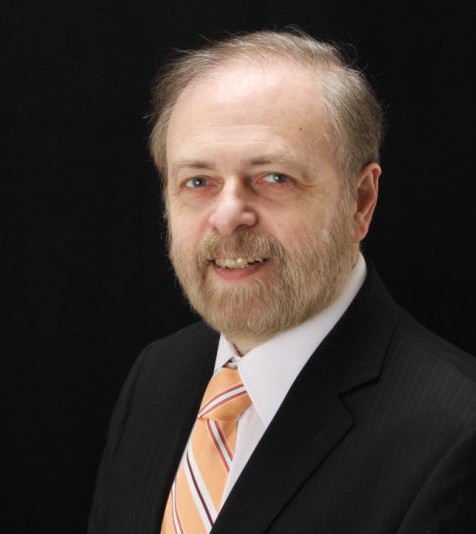By Rabbi Mordechai Levin
There are many books about happiness, but no simple or easy recipes to attain it. Can happiness by found in money, pursuit of honor, buying material things, gambling, food, etc? Is it possible that some people are searching for happiness in the wrong places?
In his book Happiness and the Human Spirit: The Spirituality of Becoming the Best You Can Be, Rabbi/psychiatrist Abraham J. Twerski says that to be happy, we need to live as spiritual beings. Every person can be spiritual, regardless of the degree or even presence of formal religion, by being the best person he or she can be.
A person cannot be happy unless he is complete. The things that make us human are a number of unique traits that animals do not have. We are the only living things that have the ability to be humble, to make ethical choices; we have the ability to improve ourselves, to be compassionate, to have perspective for the future, to search for truth, and to have goals in life. If we do not use these traits, we are incomplete, and incomplete human beings cannot be happy.
Talk-radio host author and lecturer Dennis Prager says in his book, Happiness is a Serious Problem, A Human Nature Repair Manual, that achieving happiness requires us to stop blaming our discontent on others, and that happiness depends on us. It requires giving up any expectations that life is supposed to be wonderful, and it requires a continuing process of counting our blessings.
In his book, Happier: Learn the Secrets to Daily Joy and Lasting Fulfillment, Tal Ben Shahar, an Israeli Harvard professor, writes that happiness is the overall experience of pleasure and meaning. Pleasure is an important component, but not the only one: we also need our behavior to be personally meaningful.
Happiness is not a static or definitive state of being, it’s actually a process. Its pursuit is an ongoing process best represented by an infinite continuum, not by a finite point. We can always be happier; no person experiences perfect bliss at all times and has nothing more to which he can aspire.
One of the common barriers to happiness is the false expectation that one thing – a book, a teacher, an accomplishment – will bring us eternal bliss. But a happy – or happier – life is rarely shaped by some extraordinary life-changing event; rather, it is shaped incrementally, experience by experience, moment by moment.
Ben Shahar suggests six steps to happiness: accept emotion, engage in enjoyable and pleasurable activities, have perspective, simplify, take care of your body and express gratitude.
These authors and many others suggest different ways and ideas to achieve happiness. But most of them agree that gratitude is essential. We have many blessings to be grateful for, and yet we take them for granted; therefore, we have to constantly remind ourselves to be grateful.
Judaism promotes a happy approach to life, because it emphasizes community and family, which is integral to happiness; it also believes in being thankful for everything and taking nothing for granted. Happiness is the sum total of many details, of many small blessings; therefore, if we learn to appreciate and rejoice in the blessings of life, we will be happier.
 is the rabbi of Congregation Beth Israel in Munster, IN. He received his rabbinic ordination from the Latin American Rabbinical Seminary, and is a member of the Rabbinical Assembly. In 2010, he was awarded an Honorary Doctorate of Divinity from the Jewish Theological Seminary in New York City for his years of dedicated service to the Conservative movement and the Jewish community...
is the rabbi of Congregation Beth Israel in Munster, IN. He received his rabbinic ordination from the Latin American Rabbinical Seminary, and is a member of the Rabbinical Assembly. In 2010, he was awarded an Honorary Doctorate of Divinity from the Jewish Theological Seminary in New York City for his years of dedicated service to the Conservative movement and the Jewish community...